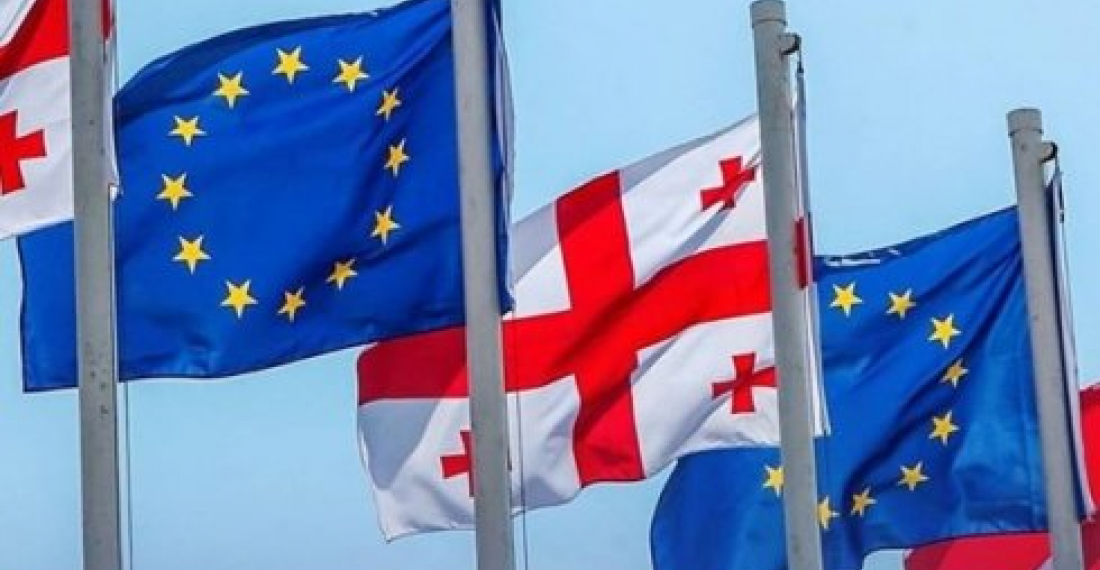The European Union has expressed concern at the process for selecting Supreme Court judges in Georgia as recently adopted by the country's parliament. In a statement by the senior spokeperson the EU said that upholding the highest standards of ethics and integrity in its judiciary is key for Georgia's credibility. The statement said:
The Georgian Parliament adopted on 30 September legislative amendments aimed at reviewing the selection process of Supreme Court judges. The European Union and other key observers had repeatedly expressed concerns over the shortcomings in this selection process.
It is regrettable that the Parliament did not await the publication of the urgent Venice Commission Opinion on this legislation, which it had itself requested, and which is expected in the coming days. This was a missed opportunity to create greater public trust in this process.
The European Union will assess the legislation and its implications, taking into account the upcoming Opinion of the Venice Commission, and expects that Georgia will further consider the rules of the selection process in light of the Venice Commission's recommendations.
Upholding the highest standards of ethics and integrity in its judiciary is key for Georgia's credibility in the eyes of its citizens and international partners, and for the advancement of the EU-Georgia partnership.
source: commonspace.eu with the press service of the European External Action Service






